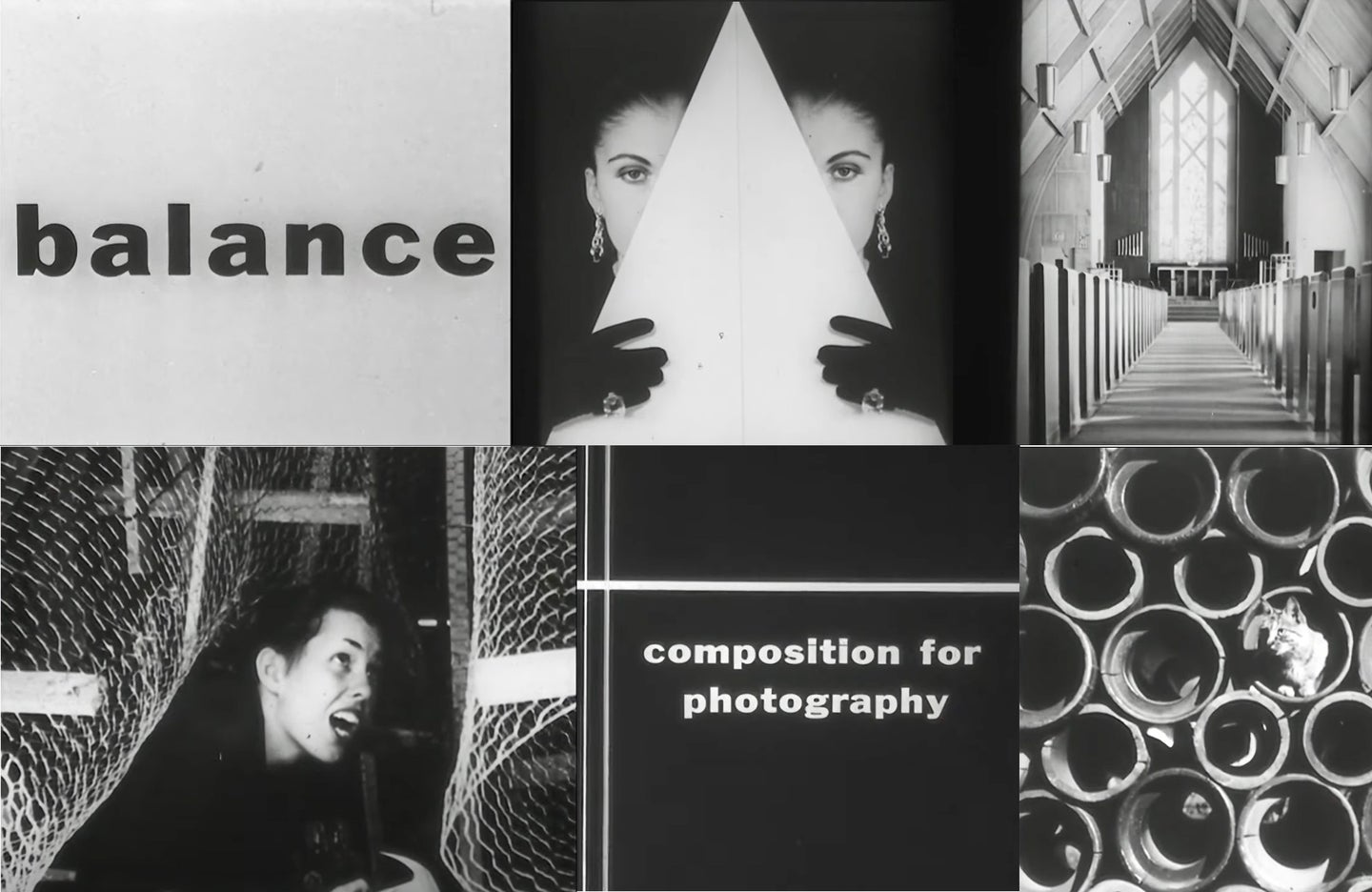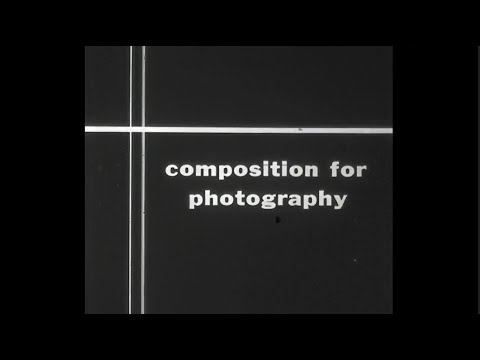This video from 1949 offers offers photography composition tips everyone should know
This old school instructional video still imparts some essential photographic knowledge.

Photography has changed a ton since 1949. The DSLR came and went. Computational photography changed the way we think about creating images. Film cameras became ultra-chic fashion accessories. The really important photography stuff, however, hasn’t changed, especially when it comes to composition. I stumbled across this video in a Facebook group for film camera repair (yes, it’s exactly as nerdy as it sounds), and I was mesmerized by it. Take 10 minutes and have a watch.

The video itself is perfectly retro. The audio track is a little messed up in a very aesthetic way. The narrator’s voice sounds as if he should be describing the technological wonders found inside the home of the future. But the information is still shockingly relevant.
It covers topics like balancing the subjects, leading lines, and framing the subject with objects in the environment. This is the old-school stuff that I learned right at the beginning of my photography adventures, and I always appreciate a refresher. Some of the photo examples are also just really excellent. Look at this killer shot of a cat hanging out in some pipes.

It also covers some topics I feel get lost in a lot of photographic education today. For instance, when considering balance, higher contrast makes objects feel “heavier” and allows for smaller subjects to balance with larger, lower-contrast objects. That’s why the smaller, higher-contrast arm in this photo can balance with the larger, lower-contrast leg even though there’s a size disparity. This is the kind of photographic nerdery I truly love.

Even if you’re already feeling confident in your composition skills, this video is worth a watch if only for the nostalgia. It might also give you a little bit of old-school inspiration to get out and take some photos. If you’re eager for more old-school photography instruction, you can go check out NASA’s guide to film photography.
